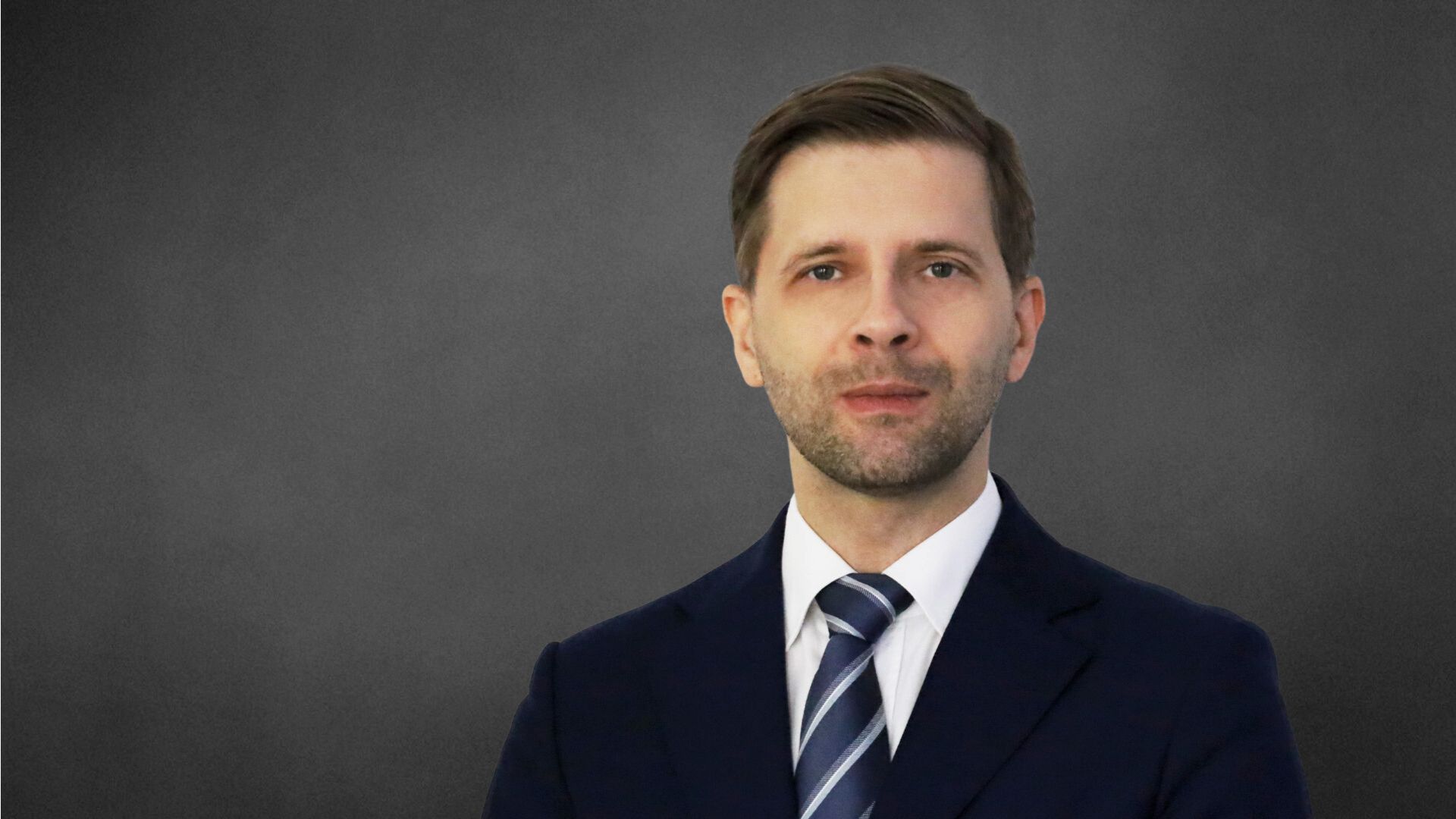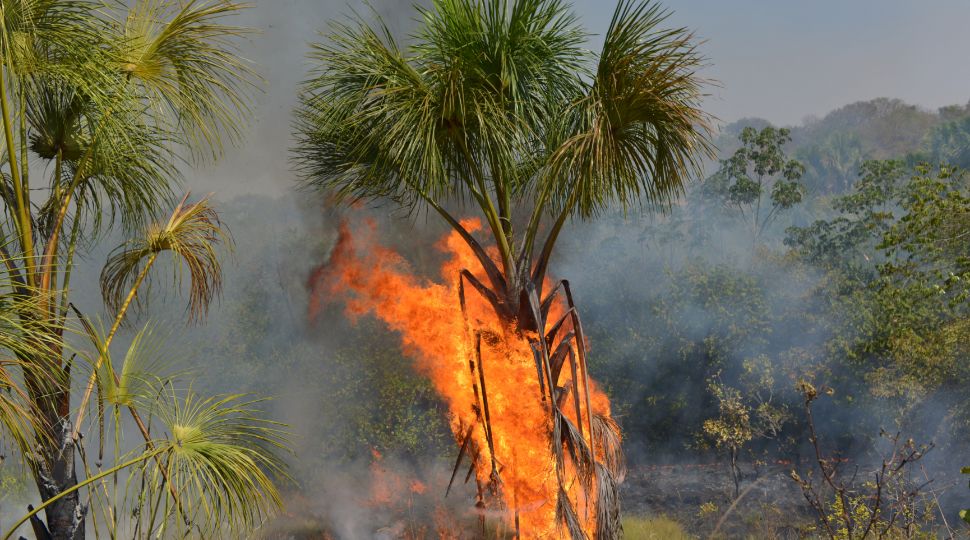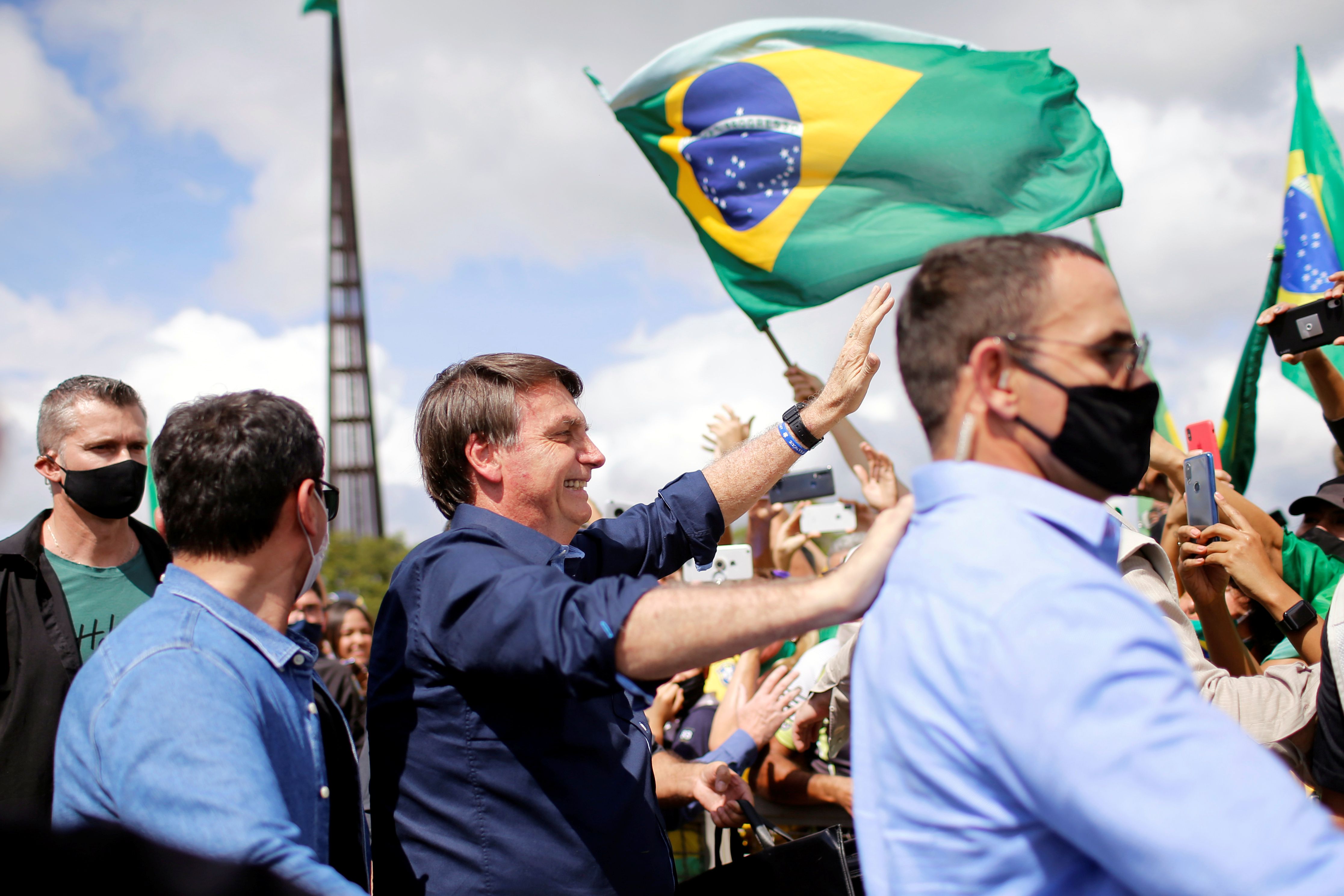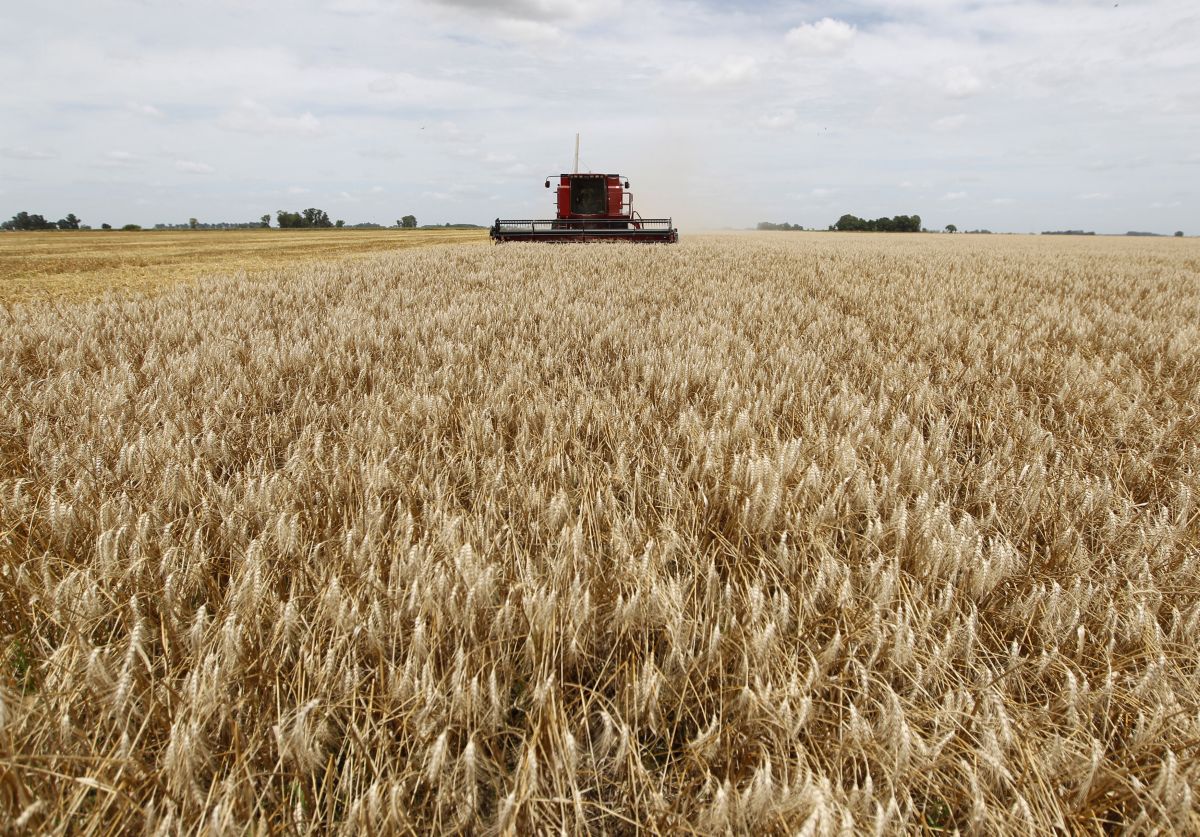Lula Inaugurated for Third Time as President of Brazil
Luiz Inácio Lula da Silva, twice president of Brazil from 2003 to 2010, took over as the head of state again on 1 January 2023. During the inauguration, he strongly criticised the government of outgoing President Jair Bolsonaro for its authoritarian tendencies, erosion of public policies in education, health, and environmental protection, as well as the marginalisation of Brazil in the world, among other areas. Lula’s government will have to tackle unfavourable economic and social conditions, while lacking a certain majority in the parliament. In foreign policy, it will seek to strengthen Brazil’s international position through his involvement in global climate action, among other means.
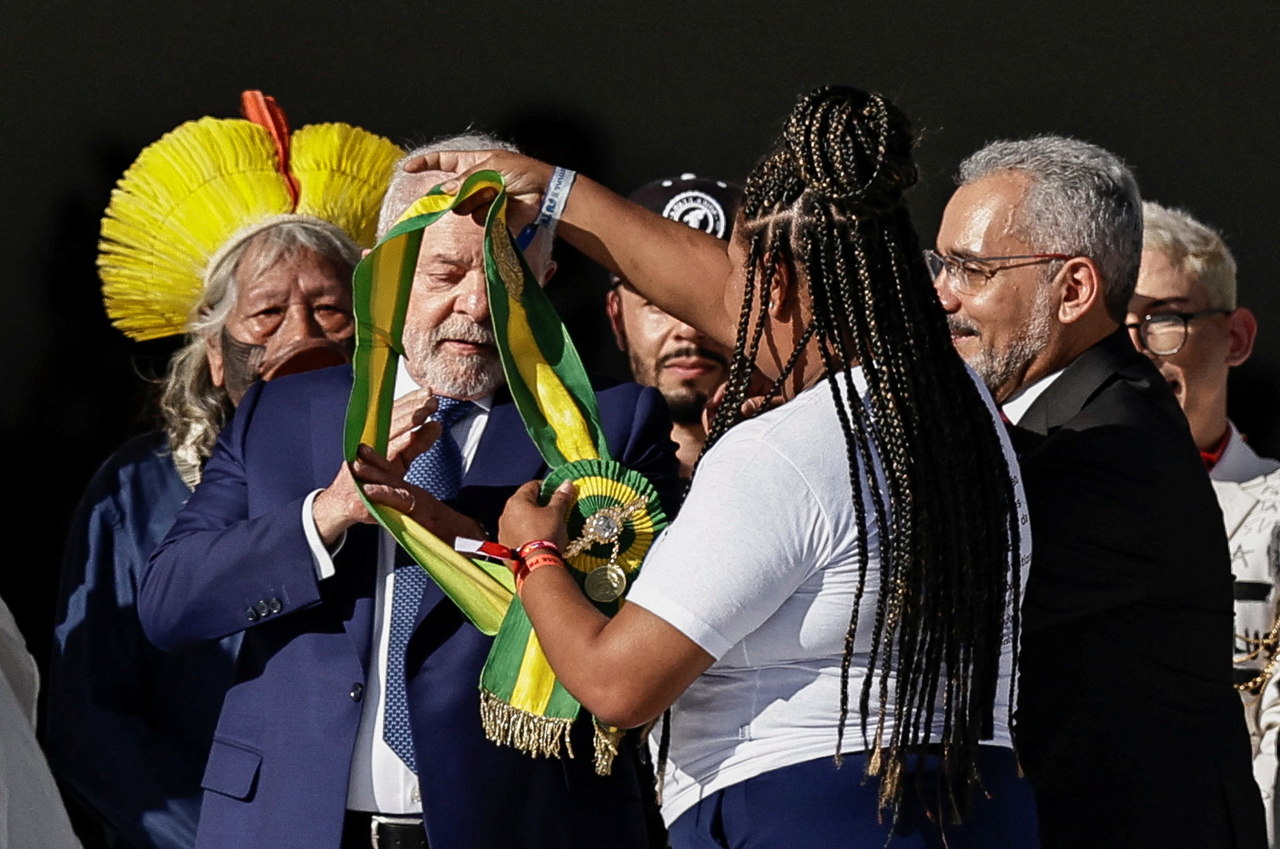 UESLEI MARCELINO / Reuters / Forum
UESLEI MARCELINO / Reuters / Forum
In what circumstances did Lula win?
A highly polarised and confrontational campaign characterised the presidential election in Brazil last October. Left-wing candidate da Silva and the right-wing incumbent President Bolsonaro, in office since 2019, were the only frontrunners. Lula won the second round on 30 October with 50.9% support, but his 2.1 million vote advantage over his opponent was the smallest in several decades. Lula owes his success to a broad coalition that included his former political opponents (for example, Geraldo Alckmin, who ran in tandem with Lula and became vice-president) and a smaller negative electorate than that of his rival. Bolsonaro, who was disappointed with the defeat, had limited his public activity while his supporters persisted in challenging the voting result in the weeks since the election. Some picketed military garrisons, calling on the army to prevent Lula from taking over the presidency. Days before the inauguration, police foiled a bombing attempt near the airport in Brasilia prepared by a Bolsonaro supporter who hoped to cause chaos and military intervention in the capital. Tensions in the country, however, did not prevent the transfer of power to the team of the president-elect. In this role, Lula took part in the COP-27 climate conference in Egypt in November (the minister of foreign affairs headed the official government delegation).
What will be the main domestic challenges?
Lula has taken over in difficult conditions. Brazil has been struggling with economic difficulties for nearly a decade, exacerbated by the COVID-19 pandemic and rising energy and food prices resulting from Russia’s aggression against Ukraine, among other reasons. According to the OECD’s November estimates, Brazil’s GDP growth in 2022 could amount to 2.8%, but this year is expected to be only 1.2%, and in 2024, 1.4%. At the end of Bolsonaro’s term, the annualised inflation rate decreased to 5% (it was above 10% at the end of 2021), but at the expense of a high increase of interest rates to nearly 14%. In 2022, unemployment fell below 9% (from around 15% in late 2020 and early 2021), but more than 39 million people (40% of the active population) worked in the informal economy. At the same time, the number of Brazilians living below the poverty line reached 62.5 million (29.4% of the population), and 17.9 million people, or 8.4% of the population, are in extreme poverty—the highest in the last decade. More than 33 million—twice as many as in 2020—suffered from hunger, even though Brazil is one of the world’s largest food producers.
Lula will prioritise the fight with inequality and hunger. For that, his government will expand social policy and increase the role of the state in the economy (as during his previous terms). He also wants to stop deforestation in the Amazon, the pace of which has clearly increased during Bolsonaro’s rule. To achieve these goals, he will face serious budget constraints, as well as the lack of a stable majority in a fragmented Congress as Jair Bolsonaro’s Liberal Party has the most seats in both chambers. Lula has built a coalition of nine parties and is offering their representatives, for example, high positions in the government (he will have as many as 37 ministries, 14 more than his predecessor). While this will ensure a simple majority, in case of initiatives requiring a qualified majority (e.g., amendments to the constitution), he will need additional votes, for example, by negotiating with the clientelist centrist parties from the so-called Centrão.
What will be the main directions of Brazil’s foreign policy?
In Lula’s opinion, Bolsonaro’s government led to Brazil losing credibility and international prestige. He intends instead to restore the country’s status as a major global actor, referring to the ambitious foreign policy pursued during his previous presidencies. Engagement in global climate protection is going to be crucial to accomplish this goal. Lula’s government will intensify relations with its partners in South America, for example through efforts to expand Mercosur towards Bolivia and to reactivate the Union of South American Nations (Unasur), as well as by normalising relations with Venezuela. It also intends to strengthen cooperation with other developing countries, especially those in Africa. It also will be active in the UN and other multilateral forums. However, it will place particular emphasis on the further development of cooperation in BRICS, treated as an important instrument for counteracting the dominance of Western countries and strengthening the international influence of the members of this grouping. This will translate in intensification of Brazil’s contacts with China (its largest trading partner) and the continuation of close cooperation with Russia (Lula, like Bolsonaro, will oppose sanctions against this country and military support for Ukraine). He will try to reconcile these directions with efforts to strengthen relations with the most developed countries, in particular with the U.S. and the largest European economies.
What will change in Brazil’s relations with the EU?
Lula’s current presidency opens the way to intensify contacts between Brazil and the EU. In recent years, cooperation has been hampered by tensions related to the critical stance in the EU regarding Brazil’s policy on the protection of the Amazon. At the same time, Bolsonaro preferred to develop contacts with European governments that he considered ideologically close and seen as part of a global conservative alliance (for example, Hungary, Italy, and Poland). These relations clearly weakened after Bolsonaro decided to meet with Vladimir Putin in Moscow last February just before the Russian invasion of Ukraine. Lula will return to the traditional approach of prioritising relations with the largest EU economies, particularly France and Germany. In relations with the EU, the ratification of the Mercosur Association Agreement with the EU negotiated in June 2019 will be a key topic. The process has stalled mainly due to concerns about Brazil’s ability to comply with its commitments to sustainable development. During the election campaign, Lula declared he would seek to finalise the agreement, but he also repeated suggestions that he would want to renegotiate it (for example, to get greater concessions for Brazil’s industrial sector). The EU does not agree with the reopening of negotiations, but hopes that the change of power in Brazil will help break the deadlock on the way to the adoption of the agreement.


